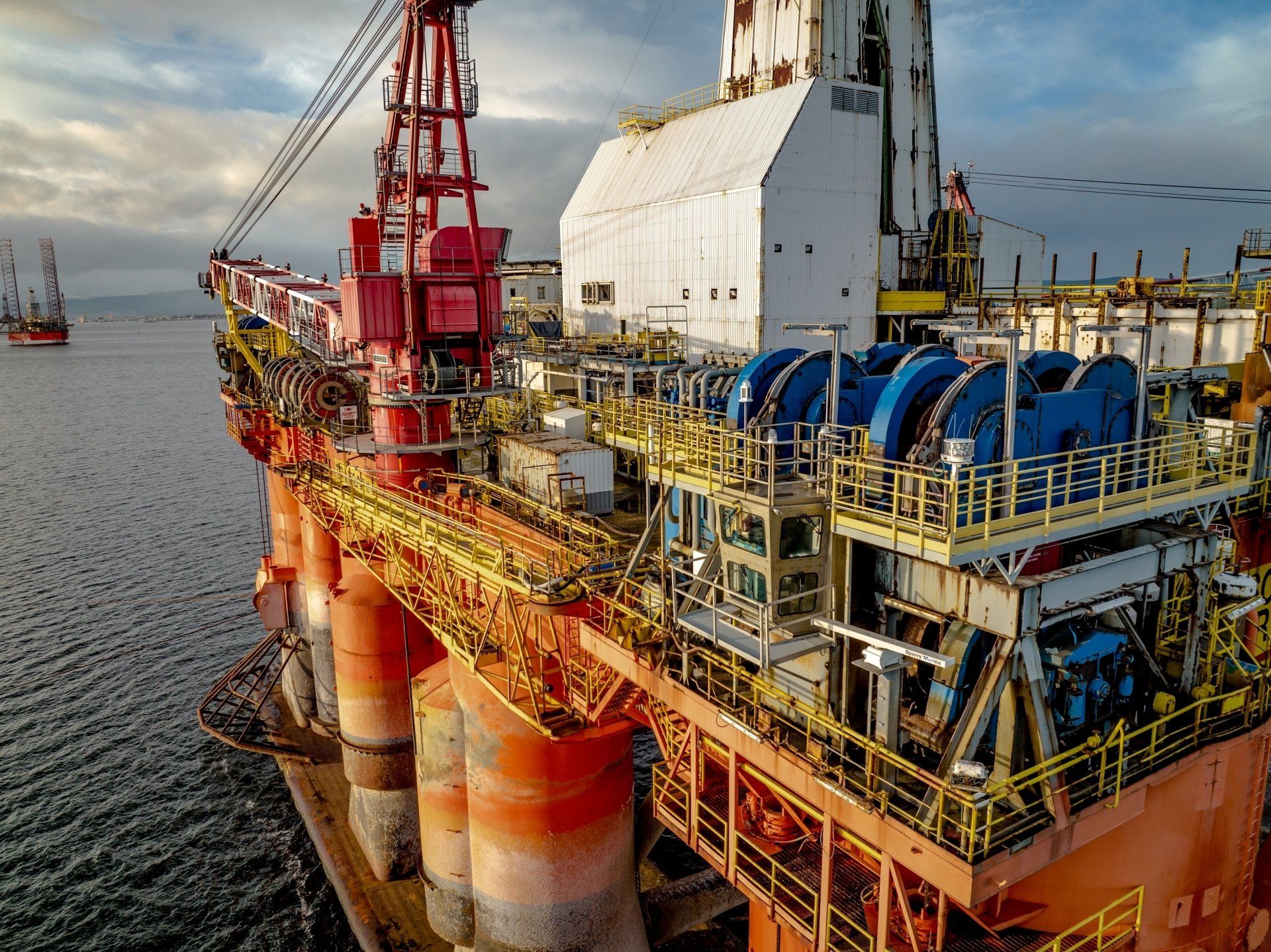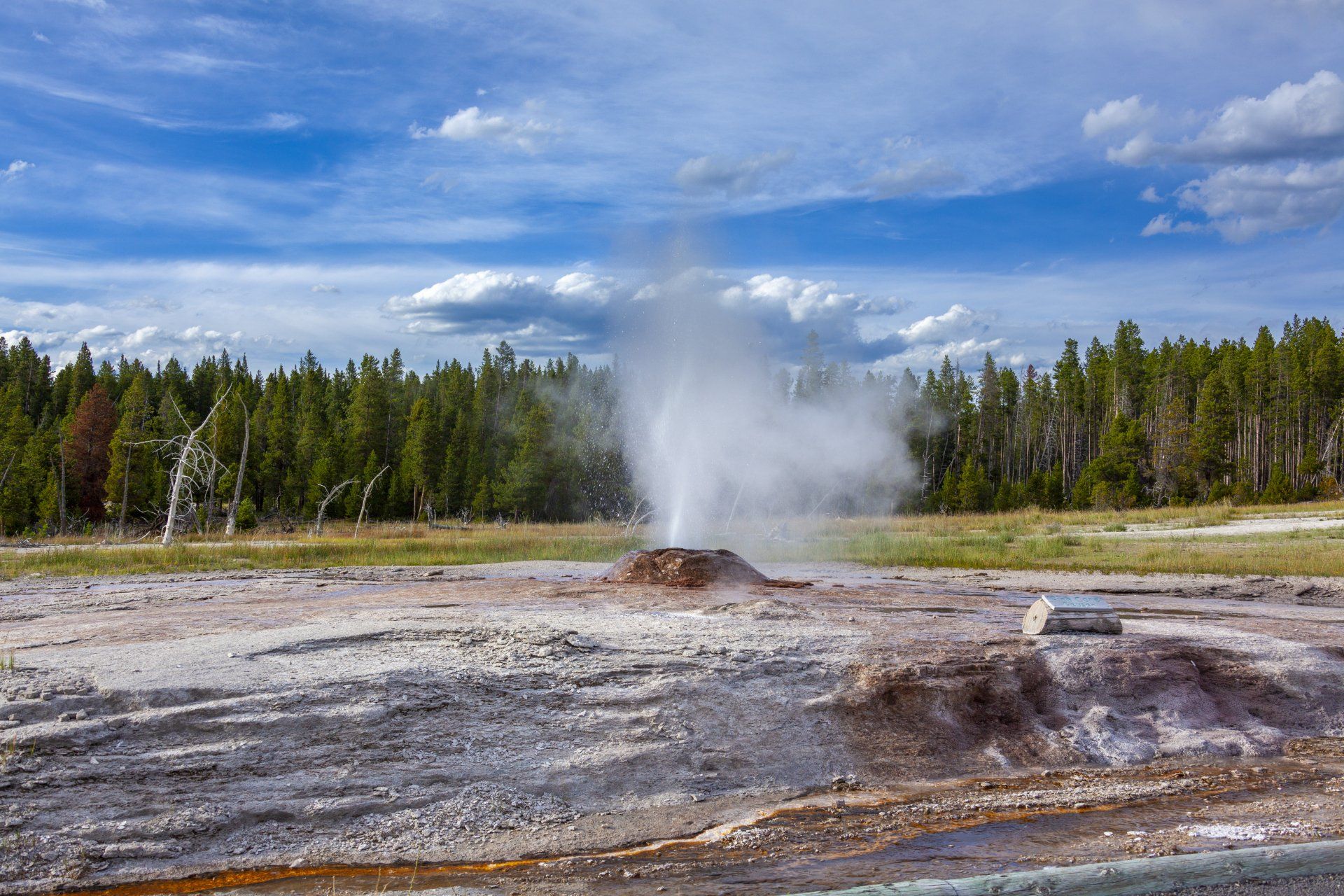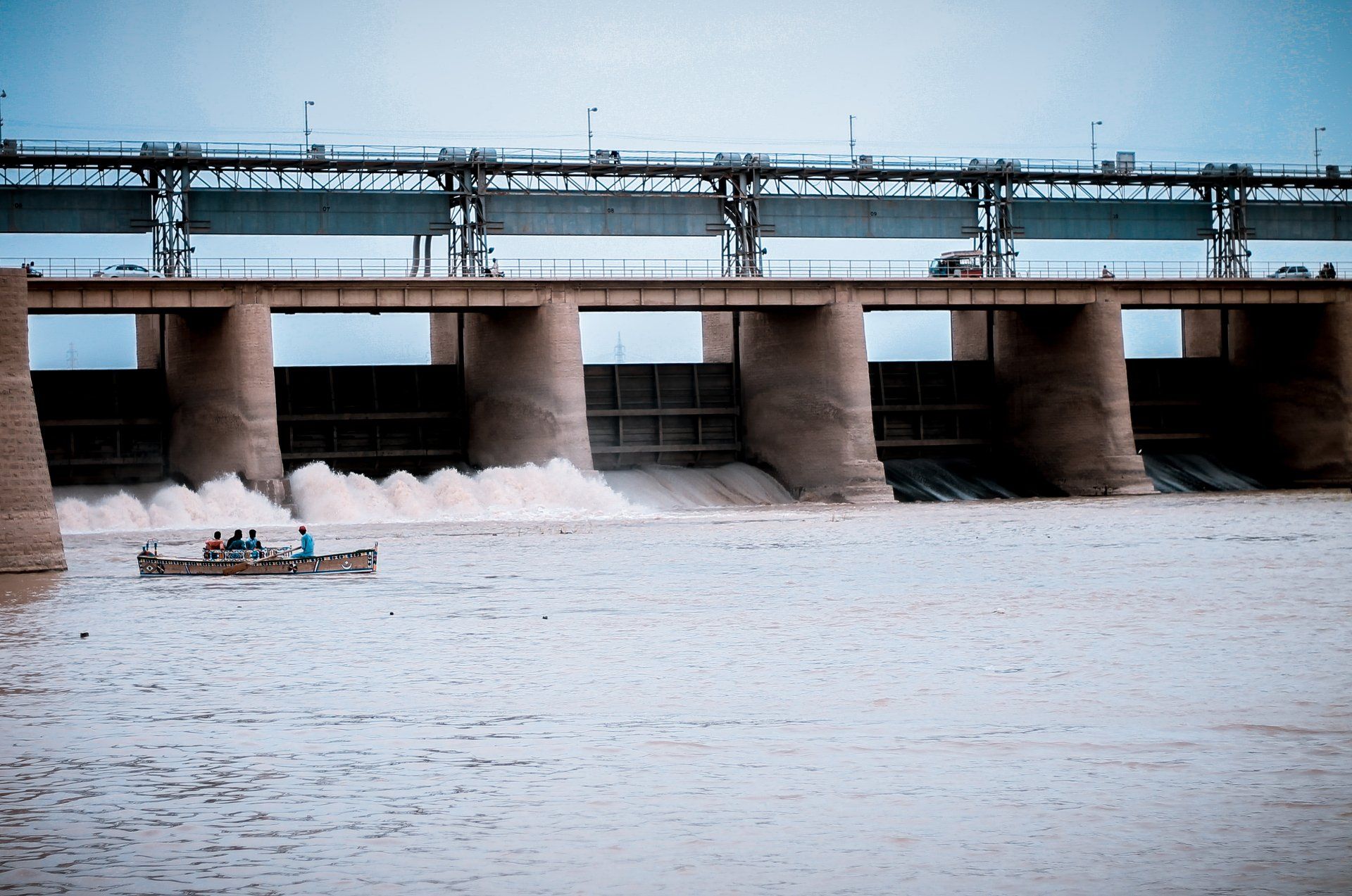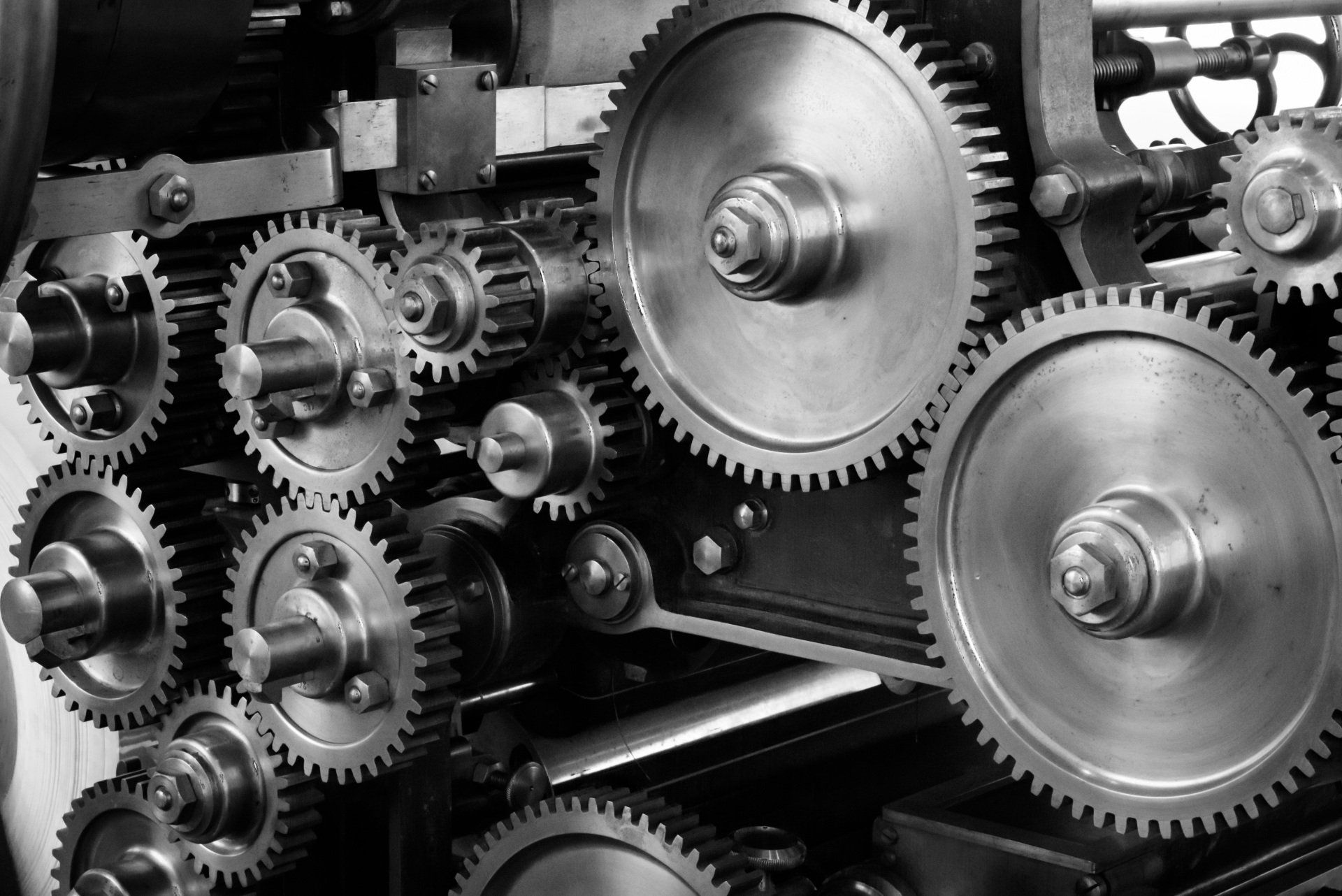Process Engineering
C O U R S E S
Quick Links
Programmable Logic Controllers; Architecture and Basic Programming PLC
Duration: 5 Days | Level: Intermediate
This course is designed to develop skills in understanding the fundamentals of PLC systems and PLC types and comprising examples applying in PLC from different manufactures.
This course is designed for process, instrumentation, electrical and control (first and senior) engineers/technicians.
This course reviews the selection, basic design, and operation of heat transfer equipment commonly used in the oil & gas industry. Heat transfer equipment discussed will include:
shell and tube exchangers, compact heat exchangers, brazed aluminum exchangers, air coolers, and fired equipment (fire-tube and direct–fired).
This course is designed for operators, and new employees who work in oil production facilities, as well as the petrochemical and oil & gas industries.
This course provides engineers and technicians with the basic theoretical and practical understanding of PLC and SCADA systems. Throughout the course, participants will learn through active participation using exercises, questionnaires, and practical PC-based simulation (LogixPro), covering: basic ladder
logic programming, hardware diagnostics, and implementation of various communication strategies.
This course is designed for instrumentation, electrical and process engineers and technicians who are involved in selecting, sizing, specifying, installing, testing and maintaining PLC and
SCADA systems.
This course will cover the practical application of modern distributed control. All control systems are distributed to a certain system today, and there are definite advantages of the
concepts of DCS, PLC and SCADA, but some superior advantages of DCS are integrity and abnormal situation alarms.
This course is designed for process control, automation, production, process, plant, electrical, and project engineers. Operations managers and IT managers working with networks may also benefit from this course, as well as maintenance
engineers and supervisors.
This course is designed to develop skills and understanding in the properties, selection, engineering and processing of crude oil, and will include an examination of operating conditions,
control variables, chemistry of the processes, catalysts & operating problems.
This course is designed for new process engineers, as well as technicians and chemists whose work is related to the important features of oil refining.
This course is designed for professionals who are working in the field of oil & gas. Guided by leaders in the field, participants will explore principles and protection strategies of corrosion control. The combination of teaching methods – formal lectures, case studies and practical sessions – will maximize the learning process and participants’ understanding of the subject.
This course is designed for engineers engaged in the oil & gas industry, and engineers involved with inspection functions and/or corrosion mitigation.
The objective of plant design to define the requirements, piping, instrumentation, and all process requirements needed to build
and operate a process plant. This course covers the principles of flow diagrams and piping, and instrument diagram in the basics of control systems and transmitter operation.
This course is designed for process, facilities, mechanical and electrical engineers in refinery and petrochemical operations.
This course presents a comprehensive summary of oil desalting systems. For each technique, theoretical and practical aspects are discussed in detail, including oil desalting operation,
equipment and troubleshooting, and separator troubleshooting.
This course is designed for new process engineers and personnel working in operation, troubleshooting and maintenance of crude oil dehydration and desalting systems.
This course covers the basics of equipment in the oil & gas industry, comprising of thermodynamic principles and fluids flowing, valve types and selection, separation principles with
different phases, dehydration operation in the oil & gas industry, stabilization processes and storage tank types.
This course is designed for process and production operators, technicians and production chemists, and anyone interested in
having an overview about the fundamentals of equipment in the oil & gas industry.
The course is designed to cover sweet gas processing and NGL recovery topics. A comprehensive course exercise based on a
typical gas processing facility, which can be applied to either onshore or offshore facilities, is used for this course.
This course is designed for process engineers, technicians, chemists, and those who have a good understanding of basic sweet gas processing operations.
This course will introduce and explain the key facets of the HAZOP technique, as well as provide opportunities for participants to practice and become familiar with the technique
and real life examples.
This course is designed for all key process engineers, HSE specialists, mechanical engineers, plant designers, and staff who are involved in HAZOP study.










